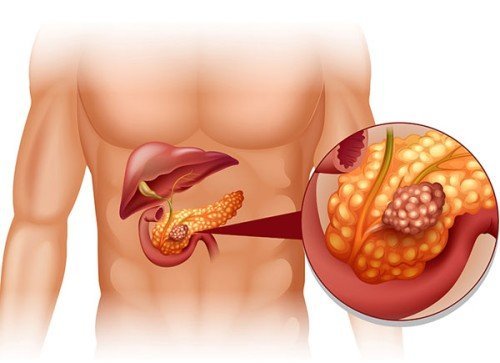
Pancreatic diseases are a group of conditions that affect the pancreas, a glandular organ located behind the stomach that plays a crucial role in digestion and blood sugar regulation. The pancreas produces enzymes that aid in the digestion of food, as well as hormones such as insulin and glucagon, which help regulate blood sugar levels.
One of the most well-known pancreatic diseases is diabetes, a condition characterized by high blood sugar levels caused by a deficiency of insulin or the inability of the body to effectively use insulin. There are two types of diabetes: type 1, which is caused by an autoimmune destruction of the cells that produce insulin, and type 2, which is caused by a combination of resistance to insulin and a decrease in insulin production.
Another common pancreatic disease is pancreatitis, which is inflammation of the pancreas. Acute pancreatitis is a sudden onset of inflammation that can be caused by a variety of factors such as alcohol abuse, gallstones, and high levels of triglycerides in the blood. Chronic pancreatitis, on the other hand, is a long-term condition that is typically caused by alcohol abuse or repeated episodes of acute pancreatitis. Symptoms of pancreatitis include severe abdominal pain, nausea, and vomiting.
Pancreatic cancer is another serious disease that affects the pancreas. It is a relatively rare form of cancer, but it is often aggressive and has a high mortality rate. Pancreatic cancer often has no symptoms in its early stages, making it difficult to detect. When symptoms do appear, they may include abdominal pain, jaundice, and weight loss.
Symptoms of pancreatic disease are not always specific to the pancreas and can be similar to other conditions such as stomach ulcers and gallbladder disease. Therefore, diagnosis of pancreatic disease often requires a combination of tests such as blood tests, imaging studies, and biopsy.
Treatment of pancreatic diseases varies depending on the specific condition. For diabetes, treatment typically involves medication and lifestyle changes such as diet and exercise to help control blood sugar levels. For pancreatitis, treatment may include pain management and avoiding the underlying cause of the inflammation. For pancreatic cancer, treatment options include surgery, chemotherapy, and radiation therapy.
It is important to note that many pancreatic diseases can be prevented or managed with lifestyle changes. For example, maintaining a healthy diet and weight, avoiding smoking, and limiting alcohol consumption can help reduce the risk of pancreatitis and pancreatic cancer. In addition, regular screenings and early detection can help improve outcomes for those with pancreatic disease.
Overall, pancreatic diseases are a diverse group of conditions that can have serious consequences if not properly managed. It is important to be aware of the signs and symptoms of pancreatic disease, and to seek medical attention if you suspect you may have a problem. With the right treatment and lifestyle changes, many pancreatic diseases can be effectively managed, allowing individuals to live healthy, full lives.








